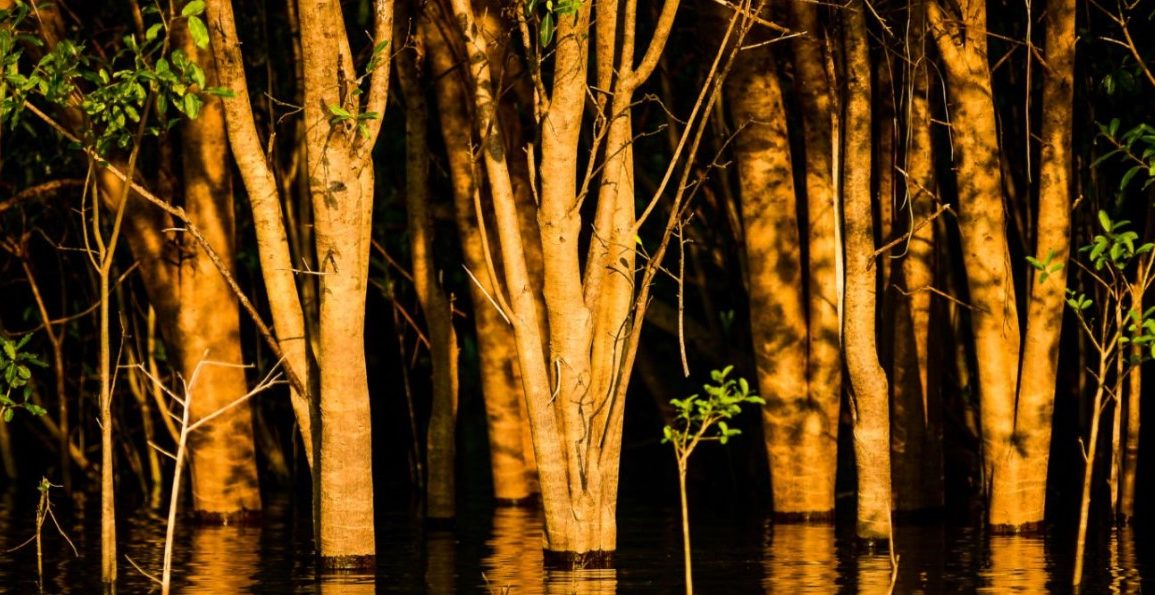Residents of the Amazon, particularly those living along the River Madeira, are experiencing unprecedented environmental challenges as drought conditions and wildfires devastate their surroundings.
Maria Moraes de Souza, a subsistence farmer from Paraíso Grande, describes her home as once idyllic but now affected by alarming changes.
The river’s water levels have plummeted to their lowest since the 1960s, exposing vast stretches of parched land, and complicating access to vital resources for food, transportation, and education.
Village leader José Francisco Vieira dos Santos emphasizes the confusion surrounding these shifts, lamenting the disruption of traditional weather patterns and wildlife behaviors.
Local species, such as the Amazon catfish, are spawning earlier than usual, a clear indication of environmental imbalance. The construction of hydroelectric dams is suspected to exacerbate the situation, adding pressure to an already strained ecosystem.

Brazilian President Luiz Inácio Lula da Silva has voiced concerns at the UN, linking the crisis in the Amazon to a broader global climate emergency.
He highlighted the severity of this year’s drought, deemed the most extensive in Brazilian history, affecting communities along major waterways.
In Porto Velho, the drought has left passenger ships stranded, showcasing the tangible impacts of the changing climate.
Indigenous communities are particularly vulnerable, facing dry waterways and escalating wildfires that threaten their ancestral lands.
Local leader Megaron Txucarramãe expressed despair over the relentless fires, which are consuming wildlife and vegetation at alarming rates.
Experts warn that the current crisis may be a precursor to even harsher conditions in the coming years, as climate change continues to alter the region.
Erika Berenguer from Oxford University notes that the Amazon has already seen a significant rise in temperatures, making future droughts more severe.
As residents call for governmental support, they remain hopeful that decisive action can mitigate the unfolding environmental disaster.

